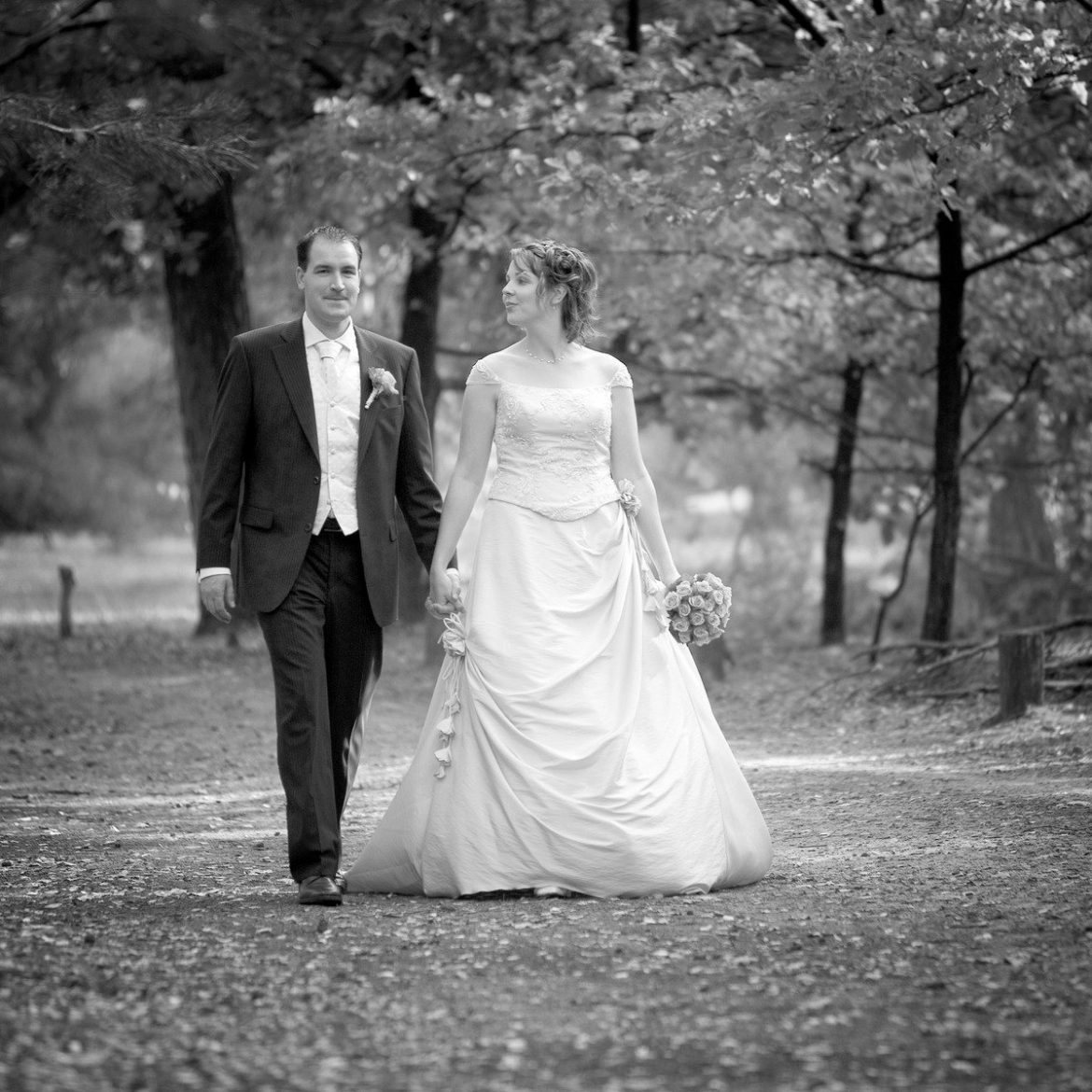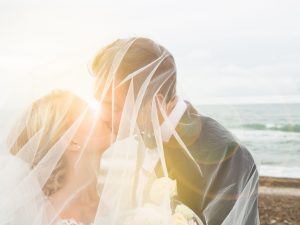
Your wedding should be the most momentous day of your life, so it’s only natural that you should want to capture it on camera. Or, more precisely, you want someone else to do it and do a good job at it. However, choosing a photographer is a bit like choosing a plumber or an electrician; how do you know they’re competent and won’t make a mess of recording your big day? Like all other professionals, some photographers are better than others.
Get Some Expert Advice
If you happen to have a photographer friend, get his or her opinion on any prospective wedding photographers you have in mind. Ask your friend to look over the candidate’s portfolio. Most photographers will be able to see good points or flaws in the work of others. Non-photographers won’t usually be able to differentiate so well.
Don’t be tempted to ask a friend to photograph your wedding just to be cheap—it really is more work than you might imagine and not everyone is cut out for it.
If you don’t know any good photographers, look for reviews online. Naturally, photographers only include glowing testimonials on their own websites, so you need impartial opinions.
 Terms and Conditions
Terms and Conditions
Read the photographer’s terms and conditions carefully. Look at the degree of coverage and amount of pictures you’ll be getting. To avoid paying any cancellation fees, make sure you stay healthy for your wedding and check in with a doctor if you have any ongoing illness. You can do this easily without leaving home by using the kry medical platform and meeting an NHS GP online.
What You Don’t Want in Wedding Photos
Some of the errors that wedding photographers make are easy to spot. When you’re looking at a photographer’s portfolio, keep an eye out for these obvious mistakes:
- You’ll never see harsh flash lighting from a good wedding photographer (and no red eyes). When good wedding photographers use flash light, they diffuse it to soften its effect.
- If subjects are photographed with the light behind them and look dark, the case is usually that the photographer should have used some fill flash or a reflector. Poorly lit subjects are the sign of a poor or uncaring photographer.
- Compositional errors: what a photographer does and doesn’t include in a photo is partly subjective, but when photos contain blatantly distracting elements the subjectivity stops. Look for pleasing backgrounds that do not detract from the subject of the photo.
- Colour casts are sometimes hard to control and are often caused by mixed lighting (e.g. artificial lighting and daylight together). It’s part of a pro photographer’s remit to overcome this problem using various techniques. A sign of this problem is a deep blue or orange cast in the photo.
Meet Up with Your Photographer
A photographer you personally like becomes part of your day—part of the occasion. Try to meet up with your photographer for a chat before the event to discuss what you want and get to know him/her a little.




